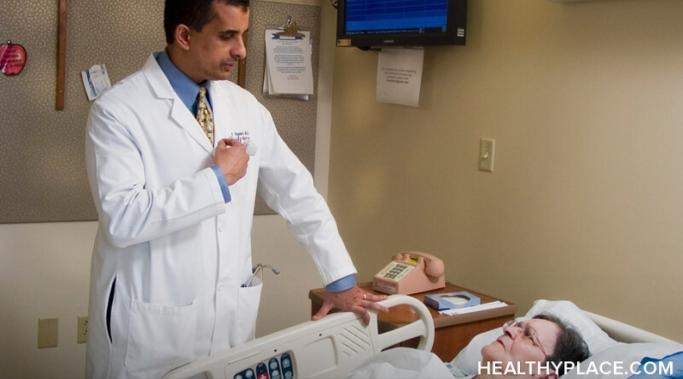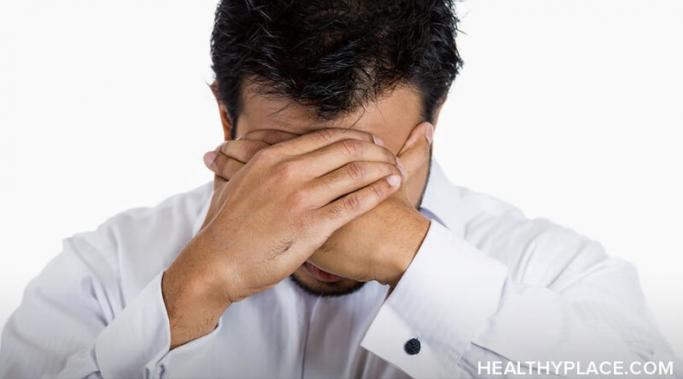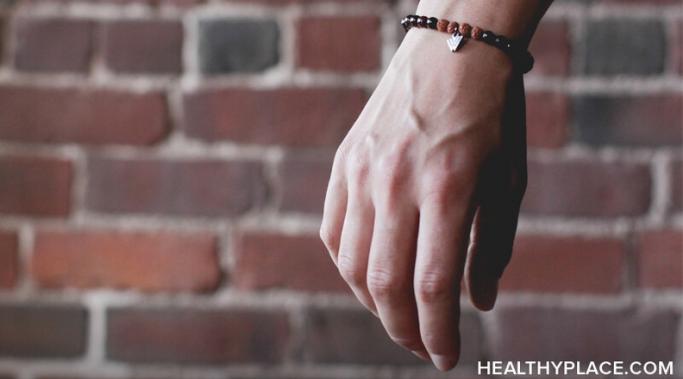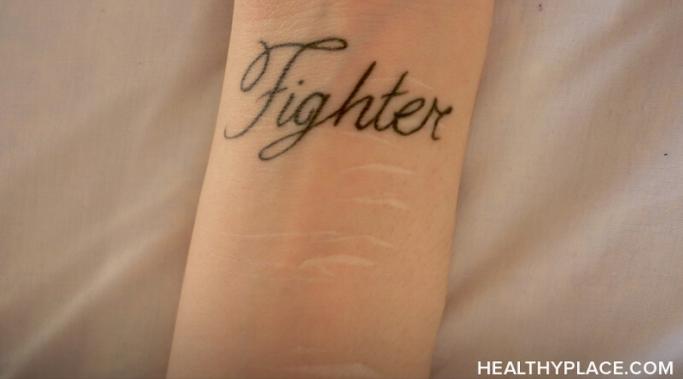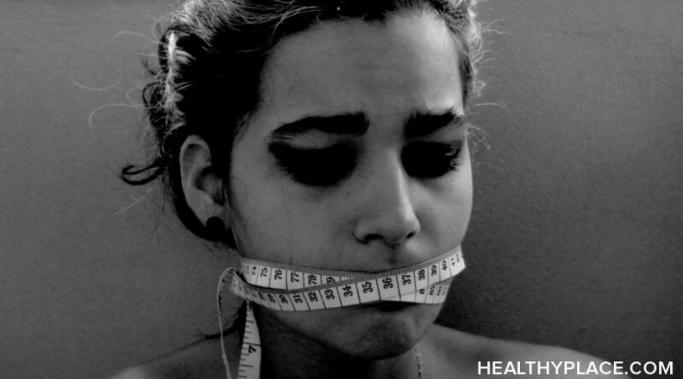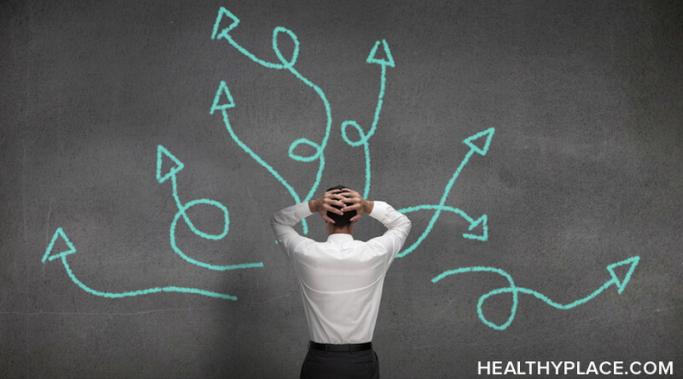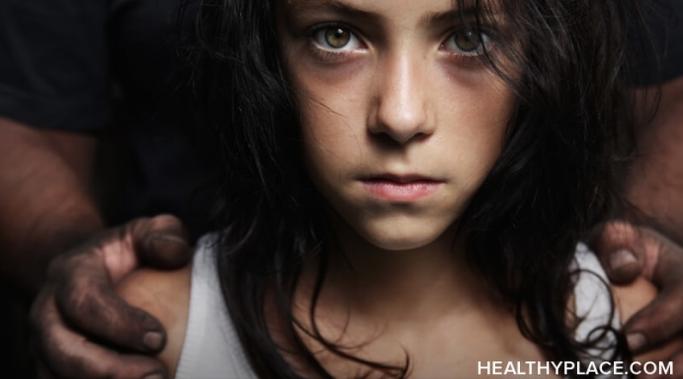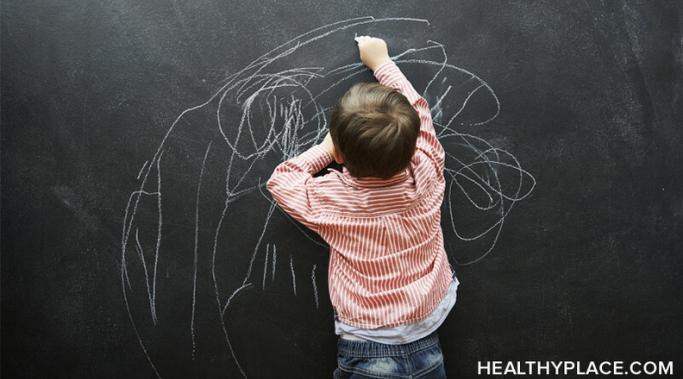Electroconvulsive Therapy (ECT) is a treatment for depression and other psychiatric disorders. One source of information for this essay is the article in Psychiatric Services in the September 2001 issue, entitled “Electroconvulsive Therapy.” ECT treatment is administered by trained professionals in a medical setting. Usually a psychiatrist and an anesthesiologist are present.
While I am not a provider of ECT, I have referred patients with depression for this treatment. I refer patients for ECT when other types of treatment have been ineffective in treating a mood disorder. This is a particularly attractive option in persons with severe, recurrent depression who are at risk for suicide.
TV Show Blog
Amanda_HP
I can't begin to tell you the number of emails we receive every month from people who express shame because they are living with a mental illness or they have a family member with a mental illness. They talk about living in fear that others may find out or how others react to them when they discover the person has bipolar disorder, depression, schizophrenia, is a self-injurer or addict ... and the list goes on.
It all boils down to stigma!
Amanda_HP
We asked Cristina Fender to respond to the following question:
With all the stigma surrounding mental health and specifically bipolar disorder, why did you chose to come forward and talk/blog about having bipolar disorder?
Amanda_HP
I was reading one of the self-injury conference transcripts on HealthyPlace about getting help for self-harm. In it, Dr. Sharon Farber, therapist and author of When The Body Is The Target: Self-Harm, Pain and Traumatic Attachments, discusses her belief that self-injury is an addictive behavior. And it got me thinking, like many addicts, do self-injurers carry on their self-injurious behaviors throughout their lives, do they face relapses over time, and is it something they manage, much like any other addict who fights the urge to return to the bottle or some other addictive substance?
Amanda_HP
I began self-injuring at age 13, after I felt like I wasn't understood by anyone and fell into a deep depression (What Is Self-Harm, Self-Injury?). Fights with my parents, having a hard time with school, and general anxiety prompted me to self-injure for the first time, because I felt like it calmed my nerves and alleviated my anger almost instantly. From there, I began using self-injury to respond to almost every emotional situation - be it sad, angry, disappointed, depressed, or general thoughts of self-loathing and body image. I felt like it numbed all of my emotional reactions and I began to depend on it.
Amanda_HP
The upcoming HealthyPlace Mental Health TV Show is for adult women. Our topic is: What to Do When Earlier Attempts at Eating Disorders Recovery Have Failed.
Some 10 to 15 percent of women suffer from anorexia, bulimia, binge eating or maladaptive eating attitudes according to a new study from the Université de Montréal and the Douglas Mental Health University Institute published in the International Journal of Eating Disorders.
Amanda_HP
We get a lot of email at HealthyPlace.com every month. I mean thousands of emails. Besides answering emails to help people, I sift through them to gauge what's on people's minds. One topic that comes up frequently is alternative, natural, complementary treatments for depression, bipolar disorder, eating disorders, schizophrenia --- well just about every mental health condition out there.
A significant number of people who write us about alternative mental health treatments are interested because they don't like the side-effects of antidepressants, antipsychotics, antianxiey, or ADHD medications and are hoping that natural remedies, like herbs or supplements, or some alternative therapies such as neurofeedback or yoga will do the trick and relieve their unpleasant psychiatric symptoms.
Amanda_HP
For Anne A. Johnson Davis, the physical, sexual, and psychological abuse started at the age of 3 and continued on until she was 17 years old. She was tortured by her parents, relatives and other cult members -- all in the name of Satan. The details of this satanic ritual abuse (SRA), as well as her recovery, are laid out in her book.
Amanda_HP
My name is Douglas Cootey. I’m a 42 year old stay-at-home dad on disability and I have had ADHD all my life. When I was three weeks old, if a parent placed a finger in both of my hands I would brace my legs against them and stand up. My head would flop around, but up I’d be. Performing this trick for my pediatrician introduced my parents to the world of ADHD in the 60s. Back then, it was referred to as hyperkinesis. By third grade, I was taking ritalin daily except weekends to help me in my studies. Before that, I had spent large amounts of time banished to the library room for wiggling in class.
Amanda_HP
Like most psychiatric disorders, Adult ADHD (Attention-Deficit Hyperactivity Disorder) doesn't travel alone. As HealthyPlace Medical Director, Dr. Harry Croft, mentions in this week's blog post, many adults with ADHD also suffer with depression, substance abuse and other conditions.
